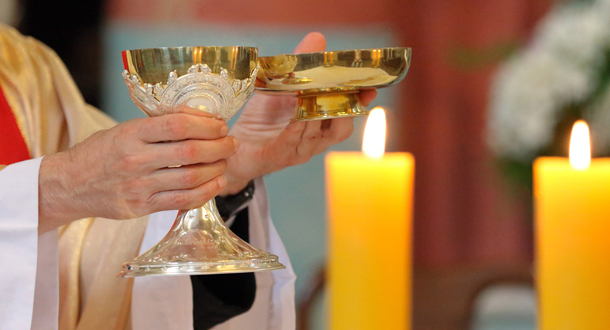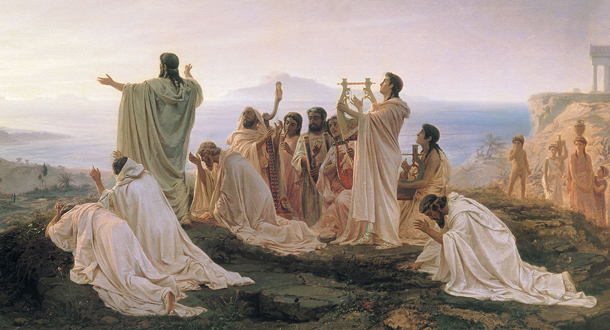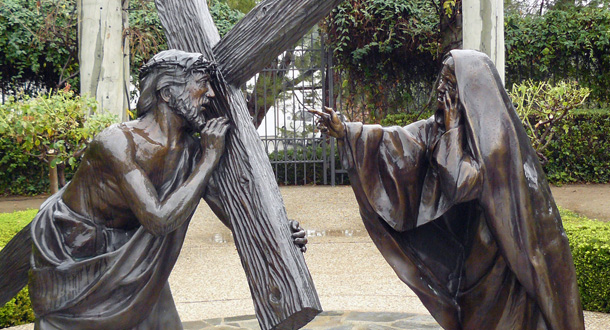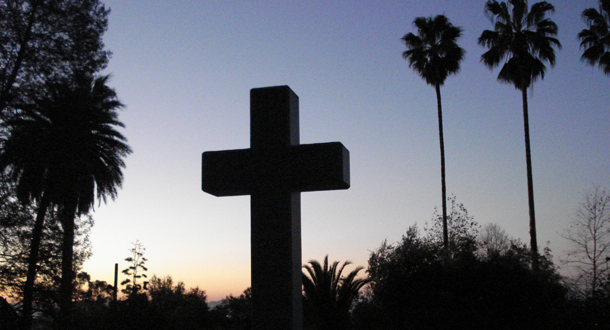 Scripture:
Scripture:
1 Corinthians 12:12-14, 27-31a
Luke 7:11-17
Reflection:
When the Lord saw her, he was moved with pity…
Let’s think about this scene, Jesus, travelling in a large crowd with his disciples, likely engaged in conversation and laughter, busy about themselves. They happen upon a funeral procession a widow who was burying her only son. We are told that when Jesus sees her he is ‘moved with pity’. Seeing her takes him out of himself and his carefree surroundings, his heart is touched, deeply. He knows this is devastation for the widow, she now has no one to care for her, in Jesus day, she now would be considered a ‘nobody’ she would be abandoned to fend for herself, invisible to the community.
He reaches out and touches the dead man – again, touching the dead makes you unclean – another reason to be abandoned by the community. But Jesus follows his heart, his gestures show another way – a way of compassion, a new way of being community and caring for one another. Being a community who supports one another and offers new life.
When our heart is moved with pity, are we willing to follow our heart as Jesus did , or do we stop short and ‘follow the crowd’, or put too much stock in what others may think or do? In a world that seems to be unsure of neighbor and community the ‘heart of Jesus’ can provide a new lens, a new opportunity, a path to new life. Can we allow our ‘hearts to be moved with pity’ and respond from that openness?
Faith Offman is the Associate Director of Ministry at St. Paul of the Cross Passionist Retreat and Conference Center in Detroit, Michigan.

 Scripture:
Scripture: Scripture:
Scripture: Memorial of Our Lady of Sorrows
Memorial of Our Lady of Sorrows Feast of the Exaltation of the Holy Cross
Feast of the Exaltation of the Holy Cross Scripture:
Scripture: Scripture:
Scripture: